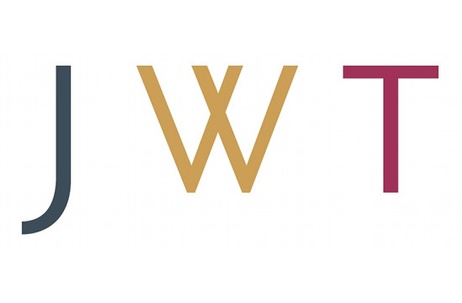
The American Dream Is Universal

Reflecting on the 57th presidential inauguration, JWT, the world’s best-known marketing communications brand, today released a report exploring how the principles of the American Dream echo across borders.
A national ideology like the American Dream is not unique to America: Almost 9 in 10 of the 5,625 people in 25 countries that JWT surveyed last October reported components key to their nation’s Dream that align with factors considered key to the American Dream.
“The American Dream and the principles it evokes were referenced many times during the U.S. presidential campaign, and President Obama again cited them in his inaugural address,” says Bob Jeffrey, Worldwide CEO of JWT. “While America may have branded ‘The Dream,’ the concept is not uniquely American—its ideas strike a universal chord. The U.S. has simply branded the Dream as a national idea, providing a handle for the nation’s hopes and aspirations, and a rallying point for its citizens.”
As in America, “The Dream” is multifaceted across the globe, comprising various factors relating to basic human desires and societal freedoms. The top components across the nations we surveyed include:
- A comfortable lifestyle (51%)
- A better life for my children (50%)
- Freedom to be able to go anywhere (47%)
- Finding happiness (47%)
- Freedom of speech (47%)
In 23 of the 25 markets surveyed, the most important pillars of “The Dream” are personal striving (“a better life for my children,” “being my own boss,” “personal independence,” “a comfortable lifestyle”) or societal freedoms (“freedom from fear of oppression,” “freedom of speech,” “freedom to go anywhere you want”).
Merit is another important component of “The Dream” (38% of respondents cited “being able to get ahead based on merit alone” and “equal opportunity no matter your background” as part of their national dream). And factors tied to self-actualization and wealth accumulation are also significant, cited by 36% and 34% of respondents, respectively.
In Brazil, Russia, China and many of the other emerging markets, “The Dream” is closer to home, with an emphasis on factors like “a better life for my children,” “personal independence” and “a comfortable lifestyle.” In France, Germany, the U.K. and most other developed markets, respondents were more likely to associate societal freedoms with their version of “The Dream.”
This survey builds on JWT’s September 2012 report, “The American Dream in the Balance,” which found that Americans have become less engaged with the concept of “The Dream” since 2008—when the country was riding high on then–presidential candidate Barack Obama’s promise of “hope”—but that Americans largely still believe in the concept.
For this report, JWT used SONAR™, JWT’s proprietary online tool, to conduct quantitative surveys in Argentina, Australia, Brazil, Canada, China, Colombia, Czech Republic, Egypt, Finland, France, Germany, Hong Kong, India, Indonesia, Italy, Japan, Mexico, Russia, Saudi Arabia, Singapore, South Africa, South Korea, Spain, Thailand and the U.K. JWT surveyed 5,625 adults aged 18-plus (225 in each market) from Oct. 1–10, 2012.
To view the global results, click here. To view “The American Dream in the Balance,” click here.













